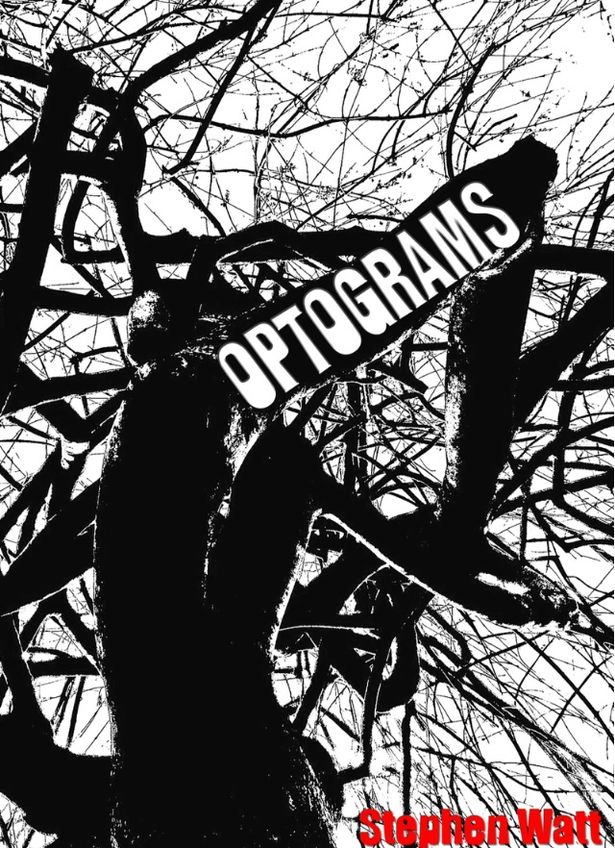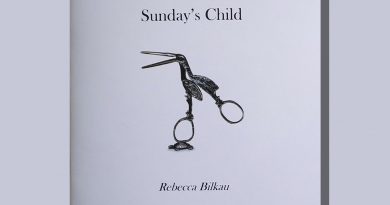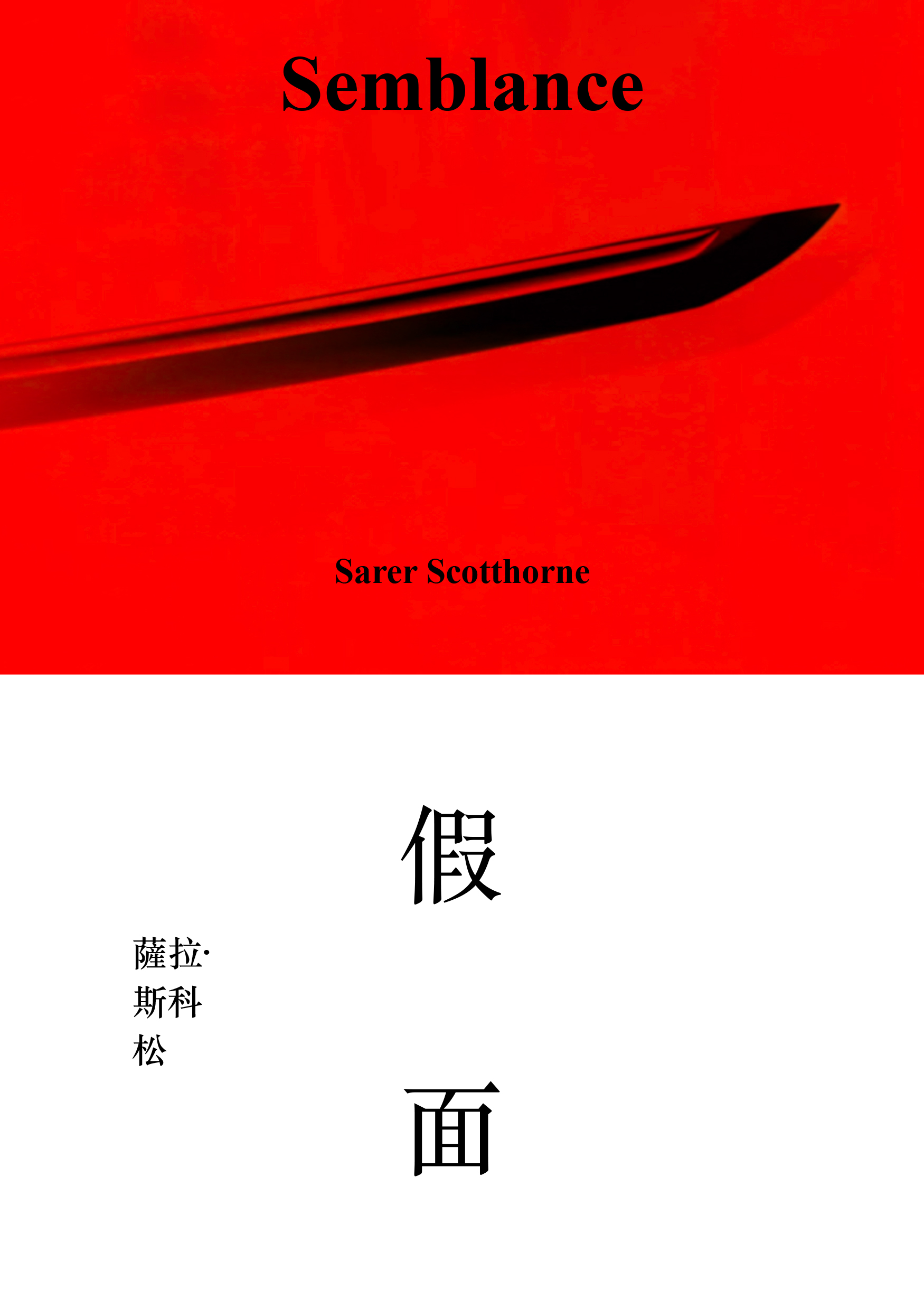Optograms by Stephen Watt
– Reviewed by Emma Lee –
(To obtain a copy of this pamphlet, email either the author [email protected] or the publisher Marc Sherland [email protected] at Wild Word Press)
Optograms starts by exploring the marginalised, those who want to deviate from the norm or forced to the margins, and the victimised. The opening poem, “Lipstick,” is voiced by a schoolboy returning home after being beaten up but unable to explain to his parents why he was beaten up,
I go to my room, wiping
the admirer’s lipstick clean
with tights beneath jeans
retrieved from a friend’s house,
and with the words
Big Girl’s Blouse
reverberating inside my head,
I retrieve Barbie Doll CBE
from a box under my bedand put her dress on Ken.
The poem ends on a note of defiance, as if the narrator is somewhat proud of being beaten up for being different. He also seems proud of harbouring a secret that allows him to isolate himself from others around him, including his mother who doesn’t understand why he gets beaten up. He’s not trying to find anyone who understands him. This theme of aloneness is picked up on in “Trouble was Someone Else’s Kids”:
Music tastes planted you in camps,
breastfed on military propaganda,
or wrapped in trendy ware:
Personally, balaclavas did nothing for my hair.
When meters ran empty, the town
was a treasure chest without a padlock,
stocked with the necessaries
to make it through the winter.
No-one here begged for the Tiffany diamonds
which supposedly rain in Saturn and Jupiter.Old class photographs
now lie as silent as my playgrounds.
The faded inked names on the back,
blinded by the dust of their own impact
in my earlier years – now, only withered souvenirs
just as I undoubtedly will be in theirs.
A world of teenage tribes is eloquently captured, but the ending feels tacked on, as if the poet knew he couldn’t get away with a poem that merely described a common experience so searched for a way of commenting on it.
Stephen Watt doesn’t only write from personal experience: his subjects include Bill Sikes from “Oliver Twist”, the Elephant Man, and one poem, “Little Girl Picking Flowers At Auschwitz II – Birkenau (1990)”, ends with:
Concentration, camped on her face,
ruptures Hell’s plafond –
the Devil’s dearest trinkets.
Skipping along forsaken metallic tracks,
her honeycomb blonde hair
and sapphire eyes
menace the photographer’s lens
like a calculated result, by default.
I’m not convinced by ‘menace,’ even if the little girl didn’t want her photo taken. I can’t see her being particularly threatening, so the poem feels as if it’s straining for effect. There is significance in her being a blue-eyed blonde of course, but I don’t think the coincidence can be described as “a calculated result”. This isn’t a photoshoot and the poem doesn’t suggest any connection between girl and photographer. The details would be stronger without the poet guiding the reader’s reaction. Stephen Watt is more comfortable writing from a more direct experience.
Each poem is accompanied by a relevant helpline number, for example, “Lipstick” with the number for LGBT Scotland, “Trouble was Someone Else’s Kids” with the number for Young Minds mental health charity, “Little Girl Picking Flowers at Auschwitz II – Birkenau (1990)” with the number for SURF (Supporting Survivors of the Rwandan Genocide). This is done with the telephone number inserted between the title and first line of each poem and then readers have to look up who the number is for at the back. I don’t doubt the helplines are useful, but the double presentation is unnecessary.
“Optograms” is a collection of poems about marginalised voices, trying to draw attention to those who find themselves not conforming to the mainstream. They reach from contemporary to historical figures and give the poet chance to show how inclusive he is; however, the helpline numbers do feel like a gimmick, as if the poet is signposting his topic or attitude.
Poetry sales suffer from lack of availability; often you have to find the publisher’s website or buy from the poet at a reading. Reviews help get the word out that a publication exists. It therefore makes sense for publishers to assist reviewers by providing full purchase details with review copies. It also helps not to add additional obstacles to obtaining copies. Initial enquiries about a review copy were bounced back. I wasn’t impressed by receiving an email which stated “copies are only available from email A or B.” It gives the impression that neither the poet nor the publisher is sufficiently invested in making the pamphlet available. Why not? Do they not want it read or bought? Do they not want the poems within to reach an audience? Not all poetry readers can get to live events or watch YouTube videos and poetry should work both read aloud and from the page. Treating a publication as an embarrassing little secret is a deterrent.





